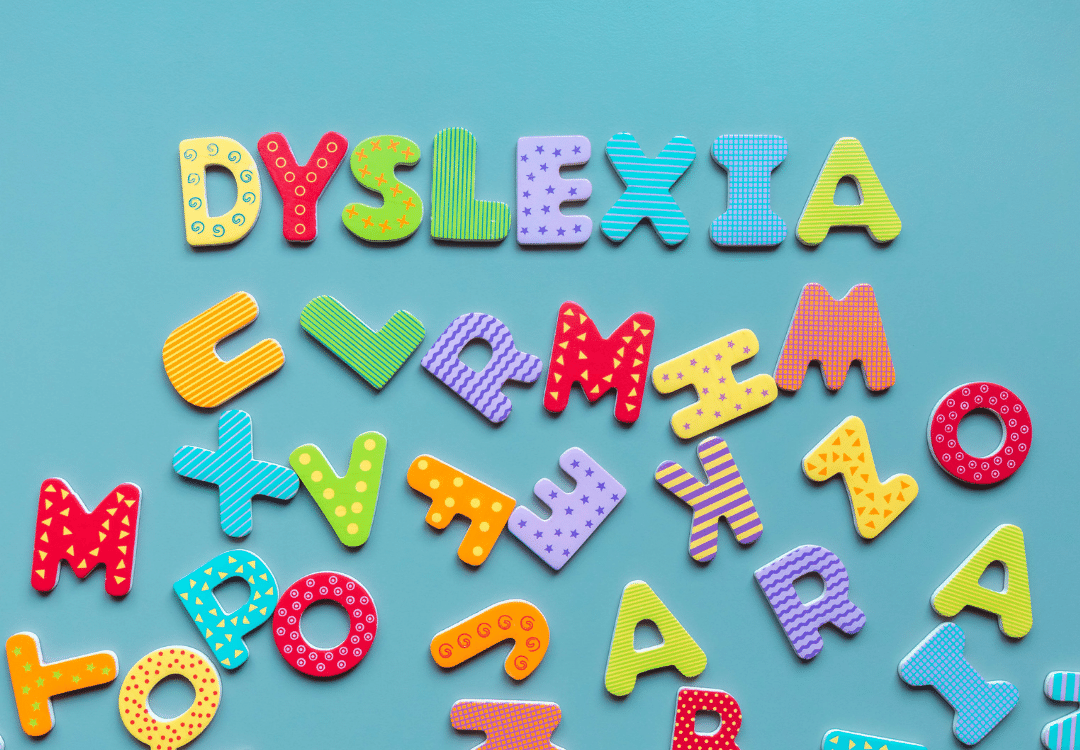A guide to the different types of dyslexia support for adults and how to reach out
Dyslexia is a learning disability that affects the way we master three of our core skills – reading, spelling, and writing, and it also affects how quickly and easily we complete tasks. People with dyslexia notice lots of different signs, and although not everybody has the same `symptoms`, you might struggle with…
Reading out loud
Reading small or fancy fonts
Remembering numbers, letters, or colours
Listening or focusing
It’s important to know that if you or somebody close to you has dyslexia, there is free dyslexia support for adults available to you. You do not have to muddle through it alone! Dyslexia is the most common learning disability in the UK, meaning you can meet other people who learn the way you do.
Furthermore, being dyslexic does not mean you are any less intelligent than somebody without dyslexia. In fact – Albert Einstein and Steven Spielberg are both diagnosed adult dyslexics!
In this short guide, we detail where to find dyslexic support for adults, although you have even more options. We hope you find it useful, and please get in touch if you need help navigating any of the support listed.
Finding dyslexia support for adults: Which dyslexia subtype are you?
Before finding ways of dealing with your dyslexia on a day-to-day basis, you might want to learn about the subtype of dyslexia you have/may have. There are six subtypes of dyslexia found in adults, which can be temporary (lasting several years) or lifelong. You may have one or more of these. They are:
Phonological dyslexia: Difficulty `sounding out` words, for example, recognising `tough` as `tuff`.
Surface dyslexia: Struggling with reading. Not all words look how they sound!
Visual dyslexia: Struggling with spelling and remembering letter sequences.
Primary dyslexia (lifelong): Dyslexia inherited from your parents.
Secondary dyslexia (lifelong): Dyslexia developed within the womb (from your mum).
Trauma or Acquired Dyslexia: Usually develops after an accident or trauma.
Dyslexia support for adults: Reach out today
Although dyslexia has no `cure`, it is manageable through treatment and a steady stream of learning tools. Some people outgrow certain types of dyslexia after treatment, and some – as we mentioned – will always be with you but can be managed. Here are just some of the support options available to you or the person you are researching on behalf of:
Support option #1: Online learning courses
Online learning courses, packs, and games are a great way to help with your adult dyslexia. The best way to find a course you like is by Googling `online learning courses for adult dyslexia`. Some are simple and others are hard – click on a few and see which one suits you best.
Support option #2: Accessible tools
There are lots of tools you can use in everyday life, whether you are at work or home. Some of them are free!
Digital recorders
Electronic flashcards
Eyelighter
Speech-to-text software
Writing apps that you can download on your phone
And more!
Support option #3: Day training centres
You can visit a day `training centre`, where you will meet other adults with learning disabilities like dyslexia. Here, you can take various classes like computing and arts & crafts, which will help your dyslexia and be taught to you at a pace you are comfortable with.
Get in touch today – and find out how we support adults with dyslexia!
Here at Case Training Services, we support adults with dyslexia every day, among an abundance of other learning disabilities (for example, a percentage of dyslexic adults also have a form of ADHD).
For more information, you can:
We look forward to hearing from you!
*For more information on dyslexia and its signs and symptoms, please visit the British Dyslexic Association’s website at www.bdadyslexia.org.uk/advice/adults


